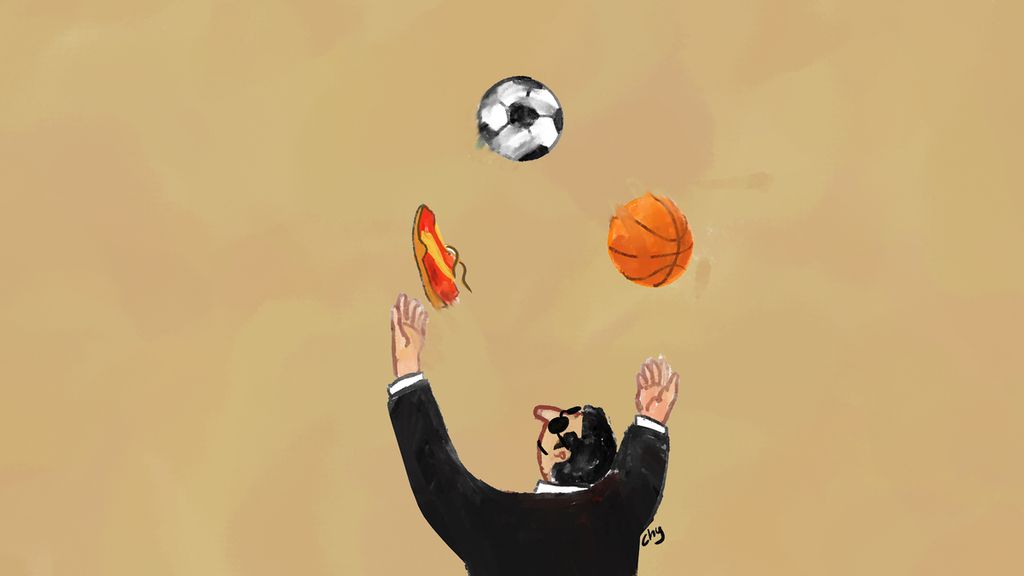Sports and Politics: The Intersection of Sports and Society
Sports and politics have always been intertwined, whether it’s the use of sports as a tool for political propaganda or the impact of political decisions on sports organizations and athletes.
The intersection of sports and politics is a complex and often controversial topic, with debates about the role of athletes in social justice movements, the impact of boycotts on sports events, and the influence of government policies on sports organizations.
Historically, governments have used sports as a tool to promote national identity and propaganda. One of the most well-known examples is the Nazi use of the 1936 Olympics in Berlin as a platform for promoting their ideology.
Countries have also used the Olympics as a symbol of national pride, showcasing their cultural and economic achievements through the games.
In recent years, athletes have become more vocal, using their platform to raise awareness and advocate for change on social and political issues.

Colin Kaepernick’s kneeling during the national anthem ignited a national debate on athletes’ role in political activism.
#MeToo has influenced the sports world, leading to accountability for athletes and coaches regarding allegations of sexual misconduct.
The 1968 Olympics in Mexico City is another example of the intersection of sports and politics. African-American sprinters Tommie Smith and John Carlos raised fists in a Black Power salute during the medal ceremony, sparking controversy.
The incident highlighted the racial tension in the United States and the role of sports in promoting social justice.
The impact of politics on sports is also evident in the realm of international competition. Countries protested through boycotts, such as the U.S. In the 1980 Moscow Olympics and the Soviet Union in the 1984 Los Angeles Olympics.
These boycotts had a significant impact on the athletes who were denied the opportunity to compete at the highest level.
Another aspect of the intersection of sports and politics is the role of government policies in sports organizations. In some countries, government subsidies heavily impact sports, affecting athlete’s and teams’ success based on funding and infrastructure decisions.
Government policies can influence international sports events’ organization, affecting host country decisions through visa and security concerns.
Sports have the power to bring people together, but they can also be a source of division and controversy. The sports-politics intersection has a complex history of political influence on sports.
Athletes advocating for social justice and political change will keep sports and politics intertwined, fueling future debates. 바카라사이트